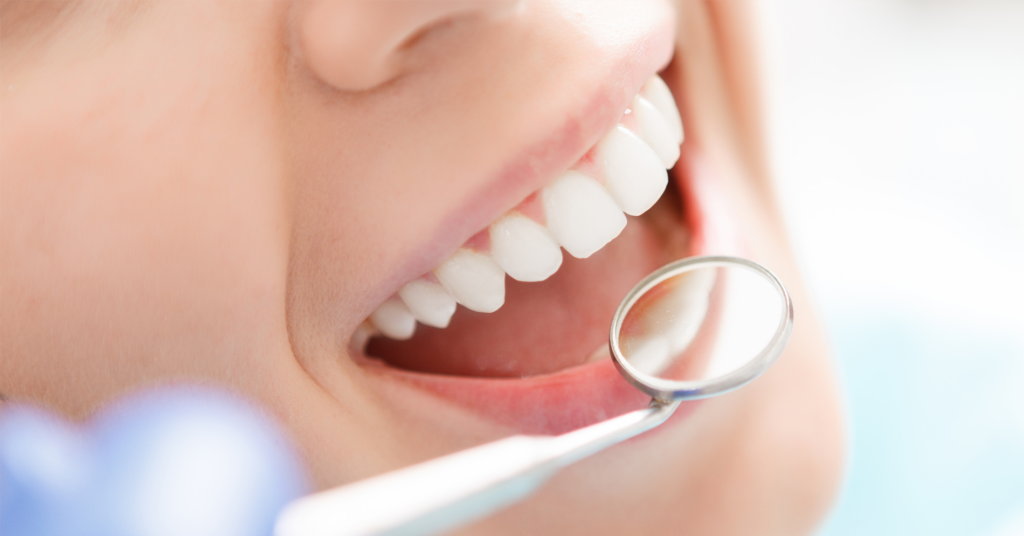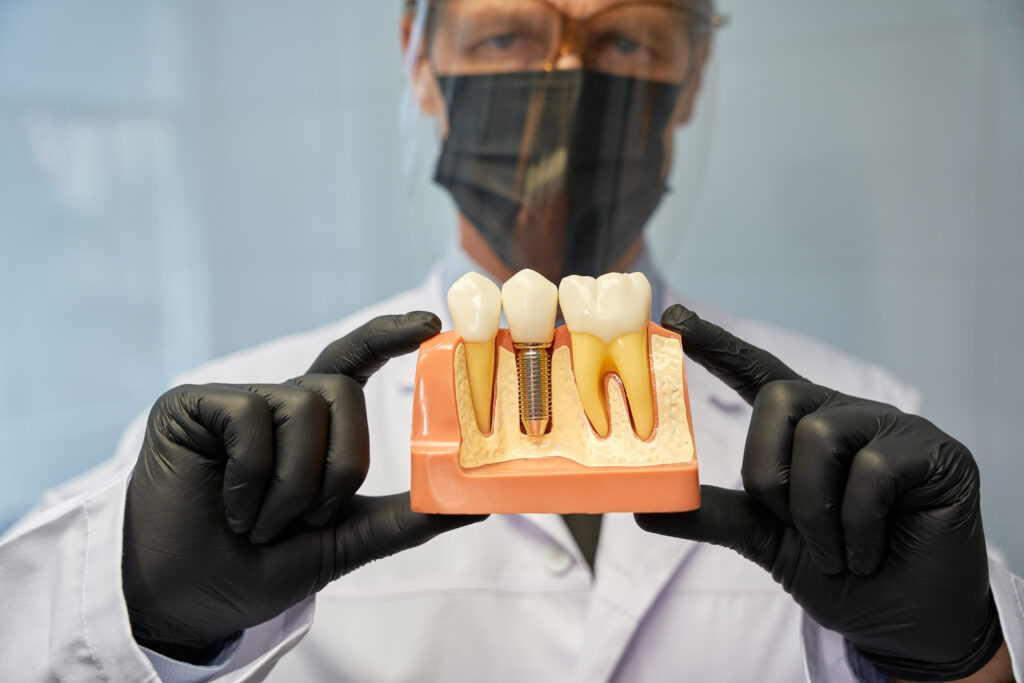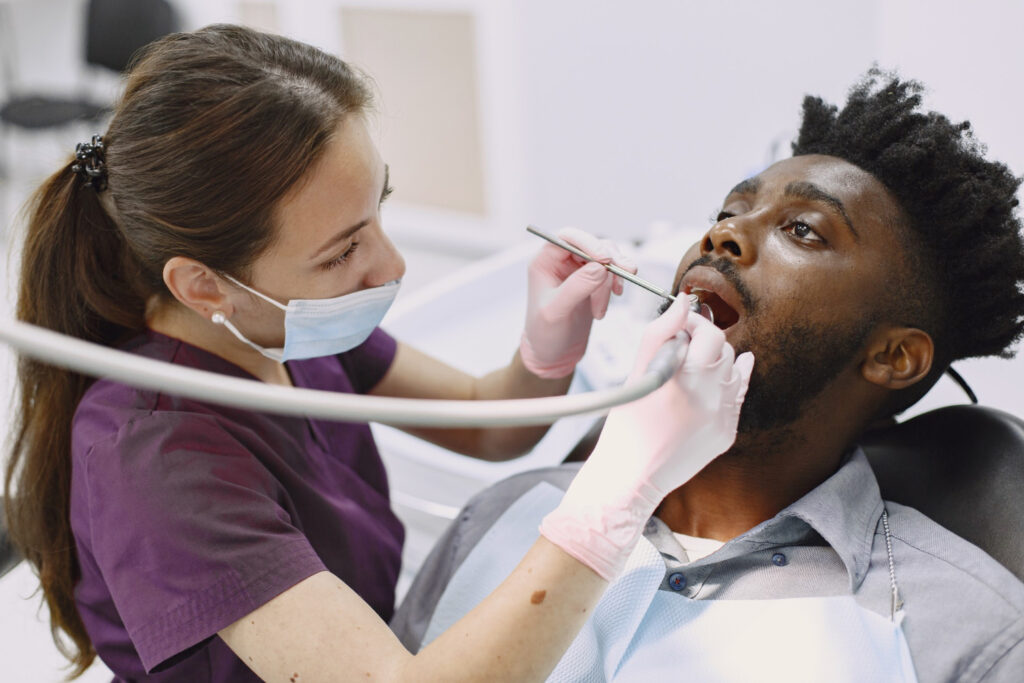
Some people claim they have “soft” teeth. Essentially, they take great care of their teeth but still need frequent dental visits because their teeth just seem to be in decline.
The truth is, your teeth can’t really get “soft”. Rather, various factors can make your teeth less durable against typical causes of wear.
Fortunately, people with “soft” teeth can still take action to mitigate potential damage.
How Do I Know if I Have Soft Teeth?
You only get one set of teeth, so it’s understandable if you’re worried that yours are weakening or softening.
But don’t worry, there’s a good chance your teeth aren’t soft.
First of all, most soft teeth cases are caused by tooth damage while the teeth are developing. All teeth but your wisdom teeth are done growing in around age 14, so if you haven’t experienced any serious damage or infections, and if you didn’t have a hormone imbalance, you’re probably fine.
You can also usually tell by looking at your teeth. “Soft” teeth will look odd and unsightly, often having brown or chalky spots.
If your teeth truly are weak, your dentist would’ve likely pointed it out, too.
That said, other factors can potentially weaken your teeth.
What Causes Soft Teeth?
The unlikely developmental factors mentioned above can lead to developing “soft” teeth. However, even if your teeth developed fine, other factors can wear them down over time.
One of the biggest ones is acid reflux, also known as heartburn. This occurs when stomach acid travels up from your stomach to your esophagus and mouth. This acid can wear down teeth faster than other threats like sugar.
Other potential contributors include:
- Bacteria
- Trauma
- Decay
- Malnutrition
- Fever
Myths About Soft Teeth
Many believe that significant bodily changes like pregnancy, diabetes, or new allergies can lead to soft teeth. Again, however, “soft” teeth can only develop when your teeth are still developing. If your teeth weaken later in life, it’s likely due to poor oral health habits or a poor diet.
Keeping Your Teeth Strong and Healthy
Maintaining strong and healthy teeth takes vigilance. You should be doing all of the following:
- Brushing 2-3 times per day with a soft-bristled toothbrush. Use the proper amount of force — not too hard, but not too soft. Angle the brush upwards towards the gumline.
- Flossing every day.
- Consider using a mouthwash.
- Avoid alcohol, tobacco, and sugary food/drink.
- Drink plenty of water. Not just to avoid sugar, but to help wash away bacteria and food particles. Also, hydration is good for your dental health.
Lastly, visit your dentist regularly.
If you need a dentist in Philadelphia to help you with tooth pain or sensitivity, Absolute Smile will be happy to help. We’ll help you determine a care plan for getting your teeth back to good health and keeping them there. Contact us today to schedule an appointment!







